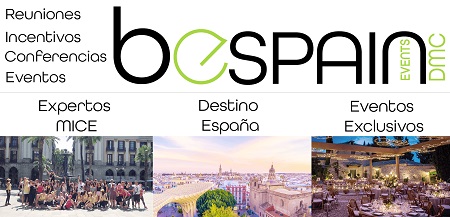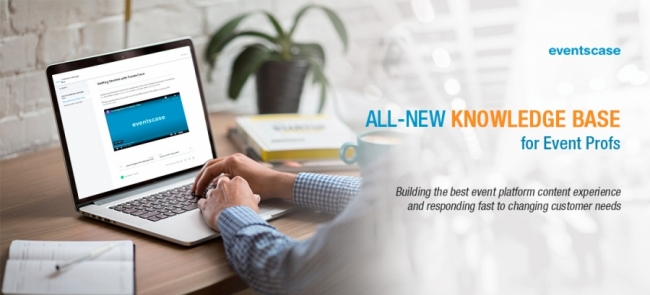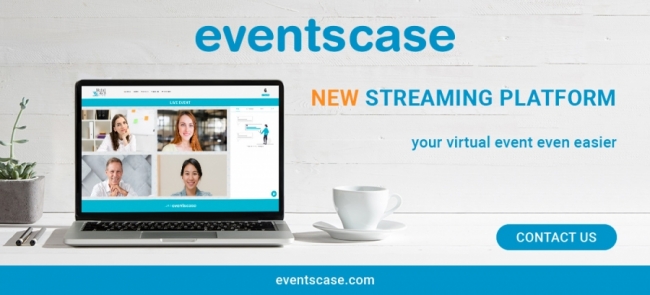
London, Dec. 2, 2020 -- The events industry’s successful transition to hybrid experiences will rest on improvements to the way organisers deliver content and attract new digital talent, according to Neil MacDougall, Chair of the British Venture Capital Association (BVCA).
COVID-19 has resulted in many organisers pivoting from in-person to online events as a way of retaining some of their activity in 2020. A survey from etc.venues conducted earlier this year revealed that 73% will give their audiences the option of attending physically or digitally once the current restrictions on mass gatherings have been lifted.
Speaking in light of his investment in EventsCase, the all-in-one event management platform that recently landed £3.5 million in Series A funding, MacDougall predicted a bright future for virtual and hybrid experiences on the proviso of higher production values and the attraction of new digital talent.
“My prediction for online and hybrid events is that there will be greater investment in content, specifically in direction and production. It feels to me that there is much more of a broadcasting mentality needed as if the content is good it will attract audiences and generate sponsorship, making delegate revenue less important. To deliver this however, the events industry will need to bring in more skills and work much more closely with their technology suppliers.”
One of the more significant advantages of hybrid events versus pure in-person is the convenience afforded to organisers and attendees. As well as highlighting the ease of booking speakers, who no longer have to travel to a physical venue, MacDougall believes the industry can take plenty of learnings from other cases where technology has improved both the end consumer’s experience and how it’s managed.
“A smart virtual or hybrid event can reach more people in more time zones, thereby allowing for much greater scale and certainty than physical events. We’ve seen a similar pattern in other industries, like IT training. Originally, everything had to be done in a classroom during the day, but many of these courses have since gone hybrid or online. New skills are needed to deliver the classes but they are more convenient for the person being trained and also for the organisation footing the bill.”
The BVCA is close to the topic of virtual events having switched its entire calendar - including breakfasts, conferences, forums and receptions - from in-person to virtual experiences following the onset of COVID-19.
The group, which serves as the trade body for the UK private equity and venture capital sector, conducted a thorough examination of the event tech market to find that only a limited number of providers were able to adequately serve their clients and maintain a quality experience. MacDougall envisages many companies having to play catch-up as organisers become more reliant on their solutions to register, entertain and connect two very different audiences.
“The interesting thing I learned from the BVCA’s analysis is that customer service, especially for small to medium-sized events, can be very hit and miss. It’s also clear from recent events that not all technology platforms work seamlessly. EventsCase has demonstrated they can host major events such as the Farnborough Air Show and provide a glitch-free experience as well as being agile and customer orientated.”
Event technology is set for a big few years as organisers look to supplement their newfound knowledge of running online experiences with what they already know about organising physical events. Speaking of the areas where providers can assist with the development of virtual and hybrid gatherings, MacDougall raised about the importance of meeting “peripheral” requirements as well as bigger, more prominent aspects like networking.
“Tech natives are used to quickly seeing who is online, interacting in a more casual way due to their use of social media and messaging apps. Perhaps we could see them selecting times when they’re available to chat, like you might with Calendly. Why not set up forums where people can comment on what they’ve just seen at a session or ask an expert for their opinion? These sorts of features are yet to be deployed but that’s partly what makes event tech an exciting space to monitor.”









